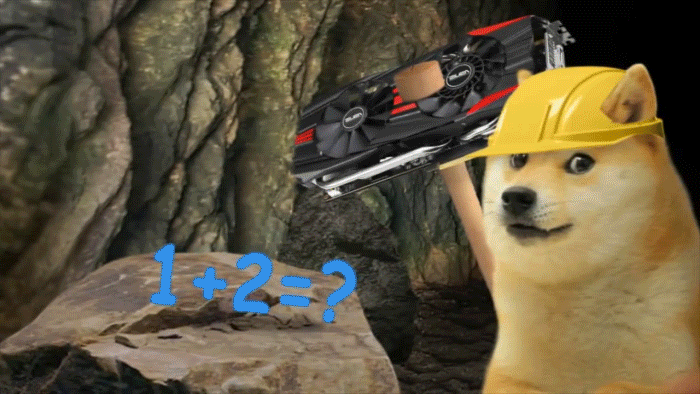correct, I wasn't trying to mislead, I just didn't think it necessary to go into detail since you appeared not to be aware of CCR's changes..
However, as you were attempting to correct Cyber-Mav, the point does still kinda stand. Strictly speaking, he was right, since giving the user the opportunity to "establish the nature, characteristics and functioning" would involve testing gaming performance (for which the product is designed) and not mining performance. If they user sent back goods in less than new condition claiming that the performance was not as expected, that then opens them up to the charge if the reseller chooses to check their claims.
CCR doesn't require the customer to give a reason for withdrawal (in fact, it explicitly states that they don't have to give one). Nor does it make any mention of goods being fit for purpose, as described, etc. as these have no impact on the right to withdrawal. All that matters is whether the extent to which the customer handled the goods is reasonable, or unreasonable. That is all that's considered. And the burden of proof for that falls on the retailer.
Receiving a GPU back, in undamaged retail packaging, with only the seal broken, it would be quite bold to accuse the customer of handling the goods unreasonably. Which is why, in practice, deductions are rare unless mishandling is obvious and easy to prove.
Last edited:




